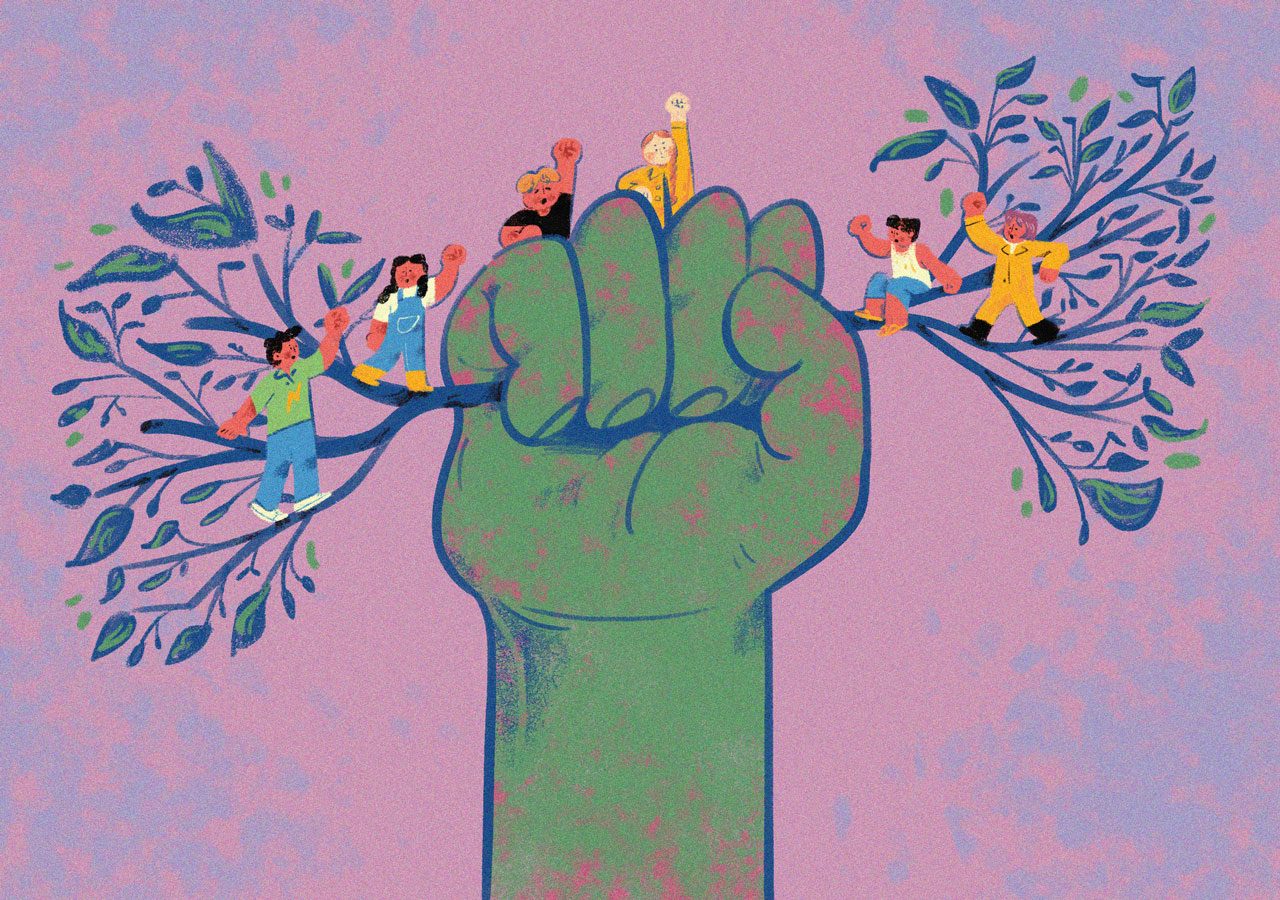Thanks to Marxism, we know that the ideological superstructure of society derives from and supports the material and economic basis of society. What we think is mainly shaped by our practical activity in production, class struggle and scientific experimentation. Moreover, Marx was fundamentally a revolutionary organizer, interested in helping the working class understand and reverse its exploitation. This is why Marx devoted most of his theoretical work to an analysis of political economy.
Marx’s historical materialism explains how any given mode of production arises historically, based on dialectical and material processes. His critique of political economy examines the workings of capitalism itself. It explains where capital comes from and how exploitation works, as well as why this exploitation is fundamental to what capitalism is. It also explains how the inherent contradictions of capitalism lead to crisis and social revolution.
In this and subsequent articles, we will take a closer look at Marx’s critique of capitalist political economy. But first, we must understand what political economy is. The Soviet Political economics 1954 manual gives us a good definition. He says: “Political economy is the science of the development of productive social, that is to say economic, relations between men”. If we want to frame it in terms of historical materialism, we could say that Marx’s critique of political economy is the study of the capitalist mode of production, in particular capitalist relations of production. In this, it is very different from academic and bourgeois economics, which instead seeks to justify and manage capitalist profit.
Marxist-Leninist political-economic theory explains the stages of development of capitalism, the law of value, the role of commodity production, surplus value as the secret of capitalist exploitation and how inevitable overproduction leads to crisis as a feature of capitalism itself. It also explains how monopoly capitalism developed from early competitive capitalism, and how this inevitably leads to national oppression and imperialist war.
Bourgeois economists also insist that capitalist relations of production are “natural” in a metaphysical sense. That is, they are immutable and fixed. Not just the way things are, but the way things should be. This is how bourgeois political economy before Marx obscured the true nature of capitalism. In The misery of philosophy, Marx writes: “When the economists say that the current relations – the bourgeois relations of production – are natural, they imply that they are the relations in which wealth is created and the productive forces develop in accordance with the laws of nature. These relations are therefore themselves natural laws independent of the influence of time. They are eternal laws that must always govern society. But Marx shows that this is not the case. Capitalism occupies a point in history. It is born from what preceded it and it has an end which will necessarily arise from the contradictions which inhabit it.
In his critique of political economy, Marx shows how capitalism developed, how capitalists generate profit at the expense of the working class, and how the contradictions inherent in this process lead to capitalist crisis.
For Marx, the key to understanding capitalist relations of production is to understand surplus value. This is the trick the capitalists play on the workers, and this is the source of their profit. Lenin explained it thus: “The worker spends part of the day covering his maintenance and subsistence costs (wages), while the other part of the day he works without remuneration, creating for the capitalist the most -value, source of profit, the source of the wealth of the capitalist class.
We will discuss added value in detail later. But it is a crucial point to understand where Marx was coming from. All value comes from the work that workers do. The capitalist brings nothing. The only reason they can benefit from the process is because of an unequal power relationship masked by an equal exchange. The capitalist dictates the conditions of employment, because the worker must sell his labor to survive.
Meanwhile, capitalists are driven by competition among themselves to keep profits high and costs low, which means they must keep wages low while pushing levels of production higher and higher. Capitalists who fail to do this enough will be swallowed up by those who are ruthless enough to succeed. The formation of capitalist monopolies only pushes this to new extremes. This means that there is a contradiction between capitalist and worker which is fundamentally antagonistic. The capitalist profits at the expense of the workers, and for the workers to get more than a living wage, they must organize and fight for it.
Then, we will examine this historical emergence of capitalism from mercantilism and the role of what Marx called “primitive accumulation” in the start of the capitalist mode of production. Then, in the articles that follow, we will carefully break down capitalism, point by point. We will examine what commodities are and why Marx thought they were fundamental to understanding the workings of capitalism. We’ll look at value in all its different forms and we’ll look at how it’s determined. Next, we’ll break down surplus value and overproduction, before getting into the workings of monopoly capitalism, or imperialism.












